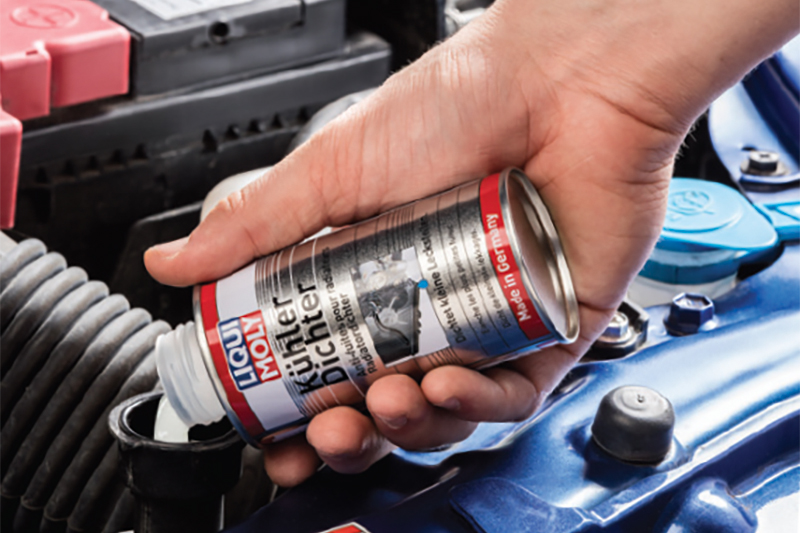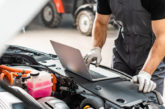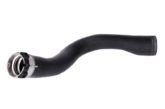
In this series of articles, Liqui Moly investigates common vehicle problems and proposes a solution. This month it takes a look at leaking radiators.
Problem: Leaking radiators
Solution: Liqui Moly Radiator Stop Leak
Assessment: Leaking cooling systems are annoying and eliminating leaks can be very time-consuming. There is a simpler solution: Radiator Stop Leak by Liqui Moly. Simply add the additive to the coolant and it will reliably seal small leaks.
Small plastic particles are the secret ingredient of the additive. They circulate within the system together with the coolant. If the pressure drops as a result of a leak, the particles collect in this area to quickly and reliably seal the leak. The remaining particles continue to circulate within the cooling system, ready to seal the next leak.
Consequently, it is possible to eliminate leaks in the radiator (e.g. caused by stone chip) in a simple, straight-forward way. It is not necessary to replace lines or the radiator. The particles are small enough to not collect in the pump or block the filter.
For this reason, Liqui Moly Radiator Stop Leak is also great in preventing leaks. Added to a sealed cooling system the substance constantly circulates within the system to immediately kick into action and seal any developing leaks. Vehicle users don’t even notice that they would otherwise have a leaking cooling system.
The solution works for small cracks – bigger holes though are beyond the capabilities of this additive and require a complete repair.
Another great chemical tool for radiators is Liqui Moly Radiator Cleaner. Deposits in the cooling system prevent the exchange of heat and can block the thermostat. The radiator cleaner dissolves these deposits effectively. It is not aggressive to the materials: It does not contain any aggressive acids or lyes, it is acid-neutralising and compatible with rubber and plastics. It can also be used as a preventative measure during service to eliminate deposits before they become a serious problem.









